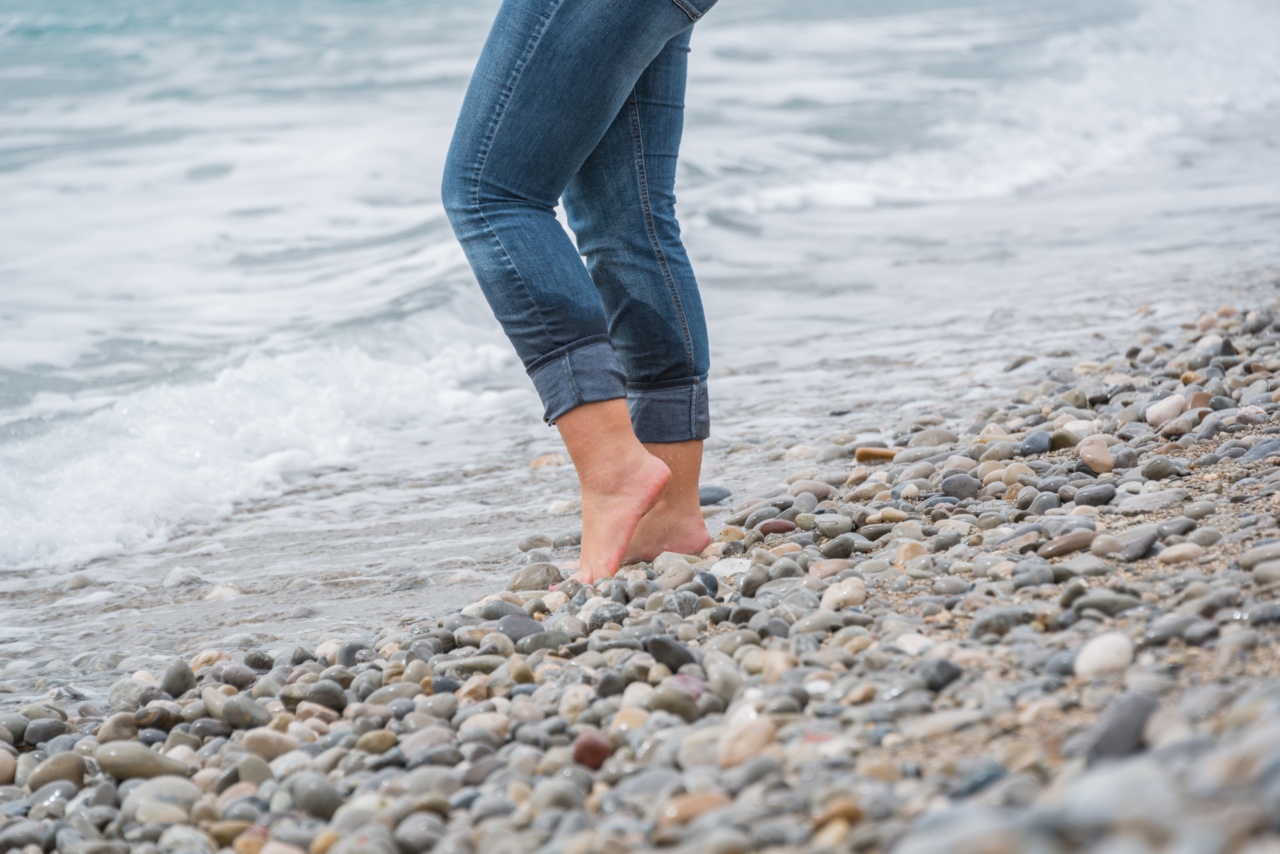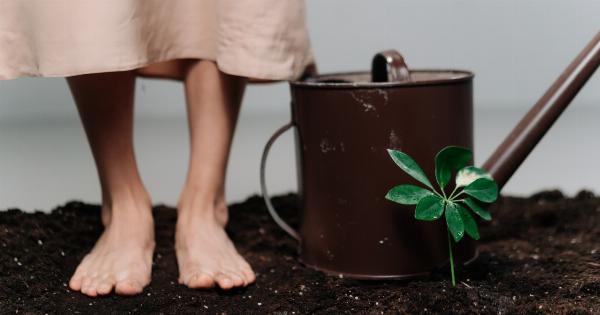Foot cramps are often described as sudden, involuntary contractions of muscles in the feet. They can be very painful and can last for a few seconds to a few minutes.
While the exact cause of foot cramps is not known, there are several factors that can contribute to their occurrence. Here are the most common causes of foot cramps:.
1. Dehydration
One of the most common causes of foot cramps is dehydration. When your body is dehydrated, it can result in an electrolyte imbalance, which can lead to muscle cramps.
You can prevent dehydration by drinking enough water and other fluids throughout the day.
2. Nutrient Deficiencies
If you’re not getting enough nutrients in your diet, it can lead to muscle cramps. Low levels of potassium, magnesium, and calcium are the most common culprits. These minerals play an important role in muscle function and contraction.
Eating a balanced diet that includes plenty of fruits and vegetables can help prevent nutrient deficiencies.
3. Overuse of Muscles
Another common cause of foot cramps is the overuse of muscles. This can happen if you’re engaging in physical activities that require repetitive movements or if you’re on your feet for extended periods.
Overuse can lead to muscle fatigue, which can result in cramping. Rest and stretching can help prevent overuse of muscles.
4. Poor Circulation
Foot cramps can also occur due to poor circulation. When blood flow to the feet is restricted, it can lead to muscle cramps. Poor circulation can be caused by a number of factors, including peripheral artery disease, diabetes, and obesity.
Exercise and maintaining a healthy weight are effective ways to improve circulation.
5. Nerve Damage
In some cases, foot cramps can be caused by nerve damage. Nerve damage can occur due to injury, surgery, or medical conditions like multiple sclerosis or neuropathy.
If you’re experiencing frequent foot cramps or other symptoms like numbness or tingling, it’s important to speak with a healthcare professional.
6. Footwear
The wrong shoes can also contribute to foot cramps. Wearing shoes that are too tight or too loose can affect the natural movement of your feet, which can result in muscle cramps.
Make sure you’re wearing properly fitting shoes that provide adequate support.
7. Medications
Some medications can also cause muscle cramps, including those used to treat high blood pressure, cholesterol, and asthma.
If you’re experiencing foot cramps after starting a new medication, speak with your doctor to see if a different medication may be appropriate.
8. Stress
Stress can also be a contributing factor to foot cramps. When you’re stressed, your muscles tend to tense up, which can lead to cramping.
Practicing relaxation techniques, like deep breathing or meditation, can help alleviate stress and prevent muscle cramps.
9. Alcohol
Drinking alcohol can also lead to foot cramps. Alcohol is a diuretic, which means it can cause dehydration and electrolyte imbalances. If you’re drinking alcohol, make sure to drink plenty of water and other fluids to help prevent cramping.
10. Pregnancy
Pregnancy can also contribute to foot cramps. As your body changes during pregnancy, it can put extra pressure on the muscles in your feet, which can result in cramping. Gentle stretching and exercise can help alleviate cramping during pregnancy.
Overall, foot cramps can be caused by a variety of factors. By addressing these underlying causes, you can help prevent foot cramps from occurring.


























